

By M. Alam Brohi
The Pakistan People’s Party (PPP) has become a political and electoral juggernaut in Sindh. With the exception of a few occasions, it has remained electorally ascendant in the province since its inception. No political party or alliance has ever had enough popular support to challenge its political and electoral supremacy. Over years, the electorates of Sindh have developed a relationship of hate and love with it. They hate it for the parochial, corrupt, rapacious and predatory rule, and love it as the political heritage of the legendary Bhuttos, and fancifully consider it the only capable political force to foil insidious plans to divide their ancestral land into two provinces. The MQM-P mantra of a separate province keeps fueling the apprehensions of Sindhi speaking population.
How to free Sindh from the political hegemony of the PPP is the question that has been raging the minds of the educated middle class of Sindh for some good years. They want to take Sindh out of the PPP’s clutches but chronically lack the will to come together to form a political organisation to confront it. Their chronic political reluctance has left an open field for Asif Ali Zardari to secure his flanks. Purging the PPP of the close relatives of Bhuttos, he has strengthened his sway over it. Ably assisted by his sister Faryal Talpur initially, and then recently by his son Bilawal, he has successfully veered the party from its mass-based ideological moorings to constituency-based politics while skillfully exploiting the undying charisma of the Bhuttos to maintain its political ascendance in the province.
Mr Zardari has drawn to the party ranks the known political dynasties, Sardars, clan chiefs and influential landlords – all experienced players of the constituency-based politics. The party has gradually devoured a good number of influential and electable politicians and activists from other political parties and alliances. More often than not, he has made serious endeavours -unmatched by any mainstream political leader – to woo political and electoral stalwarts from Balochistan. He has already won Muslim League dissidents of greater political weight in Balochistan. Sardar Sanaullah Zehri is a politician of formidable electoral strength in district Khuzdar. He would also deliver to the party the votes of his clan in Sindh. Mr Zardari is also eyeing the bewildered political leaders and activists of the Pakistan Tehrik-e-Insaf and Balochistan Awami party which are in the throes of disintegration. His strategy is to have a good number of seats from Balochistan in the forthcoming elections to be able to negotiate a coalition political administration with the nationalists or the rightist Jamiat Ulema-e-Islam.
What a keen observer can foresee is that by the time the electoral contest is held, the remaining few clan chiefs and politicians of any electoral worth in Sindh will also jump on the bandwagon of the PPP. This would leave no political party or alliance of any electoral significance to confront it in the elections barring Hyderabad and Karachi. Indeed, the political opponents of Mr Zardari have failed to match his political and electoral wheeling dealing. He has veered the party to an expediency-based politics of conformity to acquire power. The nationalists are divided into over a dozen of factions and have remained so since the demise of G. M. Syed and chronically disillusioned the electorate of Sindh. The Awami Tehrik of great Rasool Bux Palijo is split into two factions with reduced following. To expect the emergence of a new political party having the support of the educated middle class in the immediate future would be nothing more than living in a fool’s paradise.
To understand the electoral success of the PPP is not a rocket science. When in power, the PPP follows a systematic policy of patronage as it happens in the elected autocracies and centralized governance controlling all the provincial resources – jobs of all categories and grades, transfers, postings, promotions, shoulder promotions, deputations, payments, disbursement of funds, contracts, development, town planning, building controlling, policing, anti-corruption establishment – through its elected apparatus comprising members of the national assembly, the provincial assembly, the Senate and now local governments from Karachi to Kashmore. Nothing moves without the consent of the party leadership.
No institution has the leeway to work independently or follow the rules of business. The rules and regulations are tampered with, competitive examinations, tests and interviews for jobs manipulated to oblige favourites and cronies. The people remain beholden to the party leaders in their districts for petty jobs, and relief from the oppressive police stations and the callous revenue offices. The political opposition to the party politics has been systematically eradicated by inducing the influential politicians to join hands, and callously dealing with the recalcitrant registering concocted criminal cases against them through the pliant police. This was excessively used during the local body elections.
The people of Sindh widely believe the PPP provincial administrations since 2008 were corrupt to the core plundering the budgetary allocations and developmental funds; auctioning urban lands and mineral-rich scenic mountains to builders and mining mafias displacing centuries-old villages and settlements of the indigenous people. The Bahria Town initially acquired less than 16,000 acres as mentioned in the Supreme Court’s judgement. It is now spread over a sprawling area of over 55,000 acres. And it is rapidly stretching towards Kirthar National Park and Jamshoro. The private and state lands on both sides of the superhighway from Karachi to Hyderabad have already been acquired by DHA, PAF, ASF and the builder mafias for housing schemes in connivance with the PPP leaders.
Undoubtedly, the abject and culpable failure of the nationalist political factions to evolve a united front to confront the PPP during all these years is liable for the resignation and apathy of the people of Sindh. The Grand Democratic Alliance (GDA) is in tatters because of the ineffective central leadership and weak organisational structure. Many clan leaders and landlords of political and electoral worth have already deserted it and joined the PPP. The alliance failed to emerge as a mass political movement epitomising aspirations of the poor, lower and middle class population of Sindh. Also it did not represent new change-oriented political plans to address the chronic problems of the people. Its ranks were teeming with clan chiefs, dynastic political leaders, landlords and Sajjada Nashins making it indistinguishable from the PPP.
The PTI, in political alliance with influential political and spiritual dynasties, would have posed some significant challenge to both PPP and MQM-P at least in the urban constituencies of Karachi, Hyderabad, Sukkur, Nawabshah and Tharparkar. However, its continuous popular ascent in the KPK and Punjab, and its stubborn refusal to agree not to disturb the existing power equation in the governance structure alarmed its political opponents and the powers that count triggering a coercive campaign to dilute its support base. The events of 9 May speeded up the oppressive political engineering that was already on the anvil. The political threat to the PPP and MQM-P posed by the PTI is almost over notwithstanding, however, the political unpredictability in Pakistan.
The Sindhi electorate has been left with no choice but to vote for the PPP and MQM-P in the elections. They have been let down by the educated middle class, leftists, liberals, and nationalists who too benefit from the patronage system operated by the PPP and MQM-P while in power. We would witness the same cat and mouse game between PPP and MQM-P touching the raw nerves of voters in their constituencies. The Sindhi voter will once again be carried away by the sentimental slogans and songs of Bhuttoism, and fall for the oft-repeated fantastic promises of jobs, increased Benazir income support, Sindh’s territorial integrity, freedom from Wadera raj and the rights of the progeny of the creators of Pakistan.
My poor land, pity your coward educated middle class.
The writer is a senior analyst, author and former ambassador. He can be reached at brohialam7@gmail.com
The content including facts and information are the sole responsibility of the author.

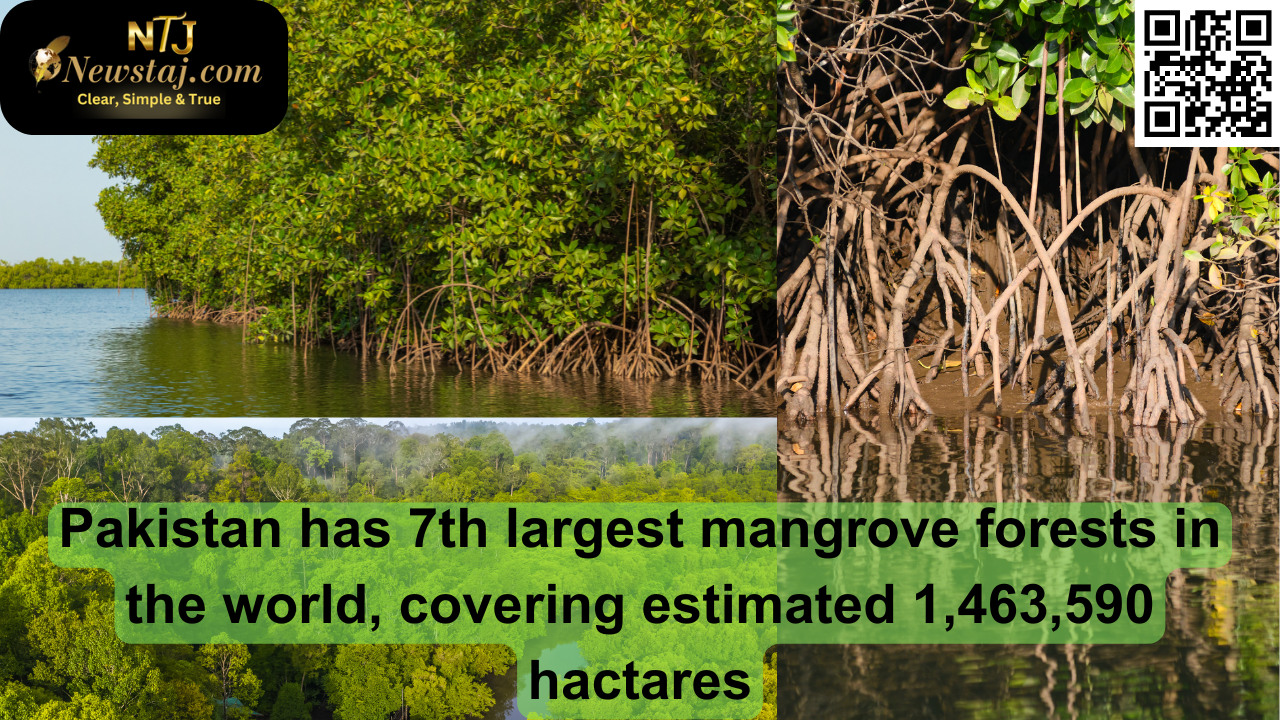








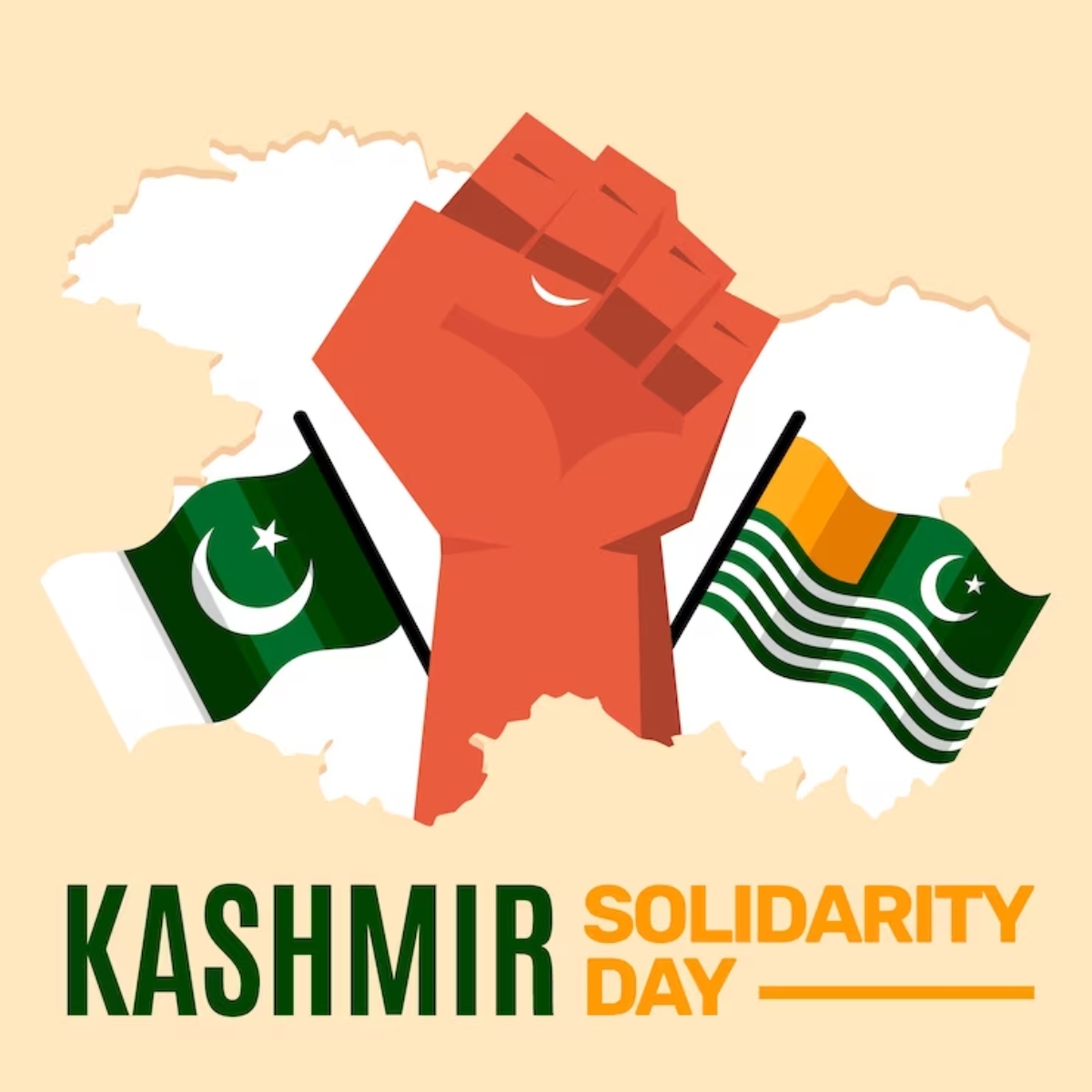













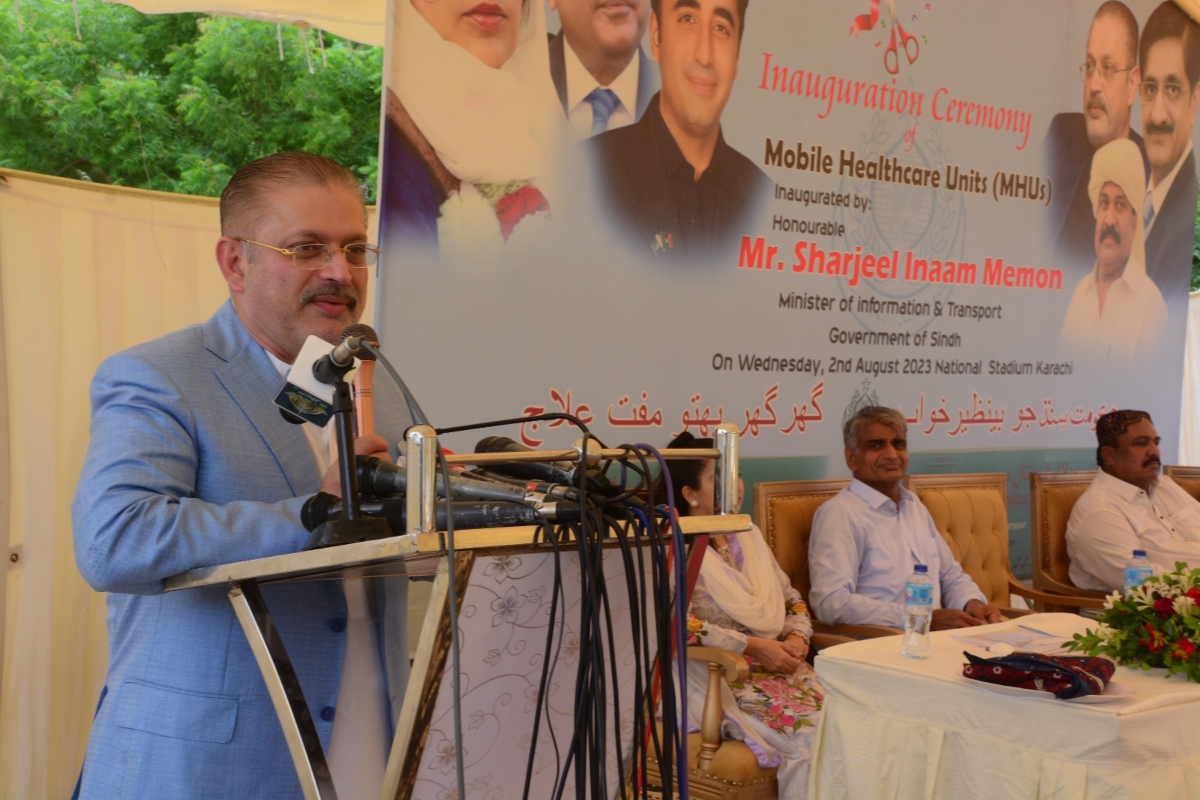

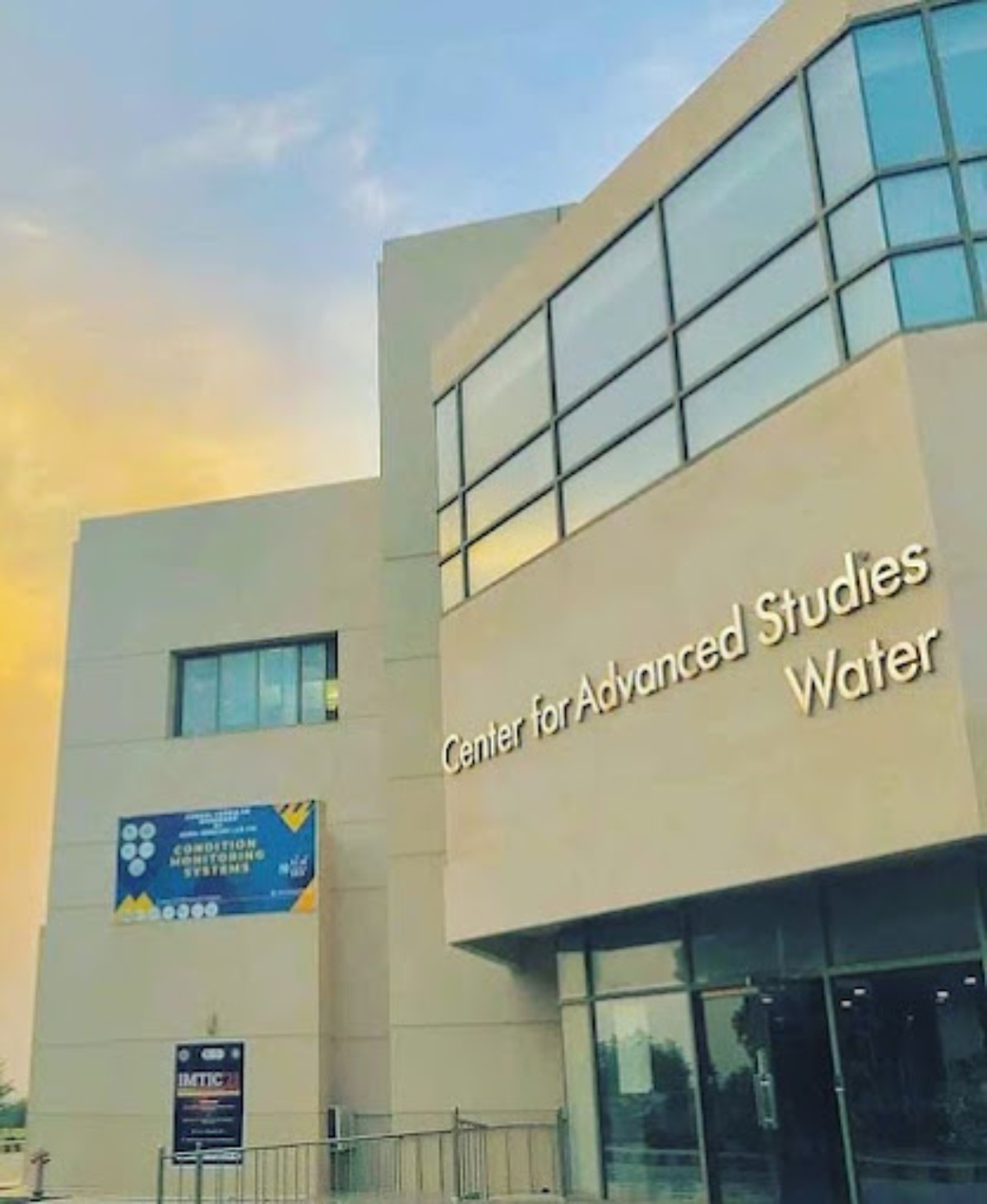
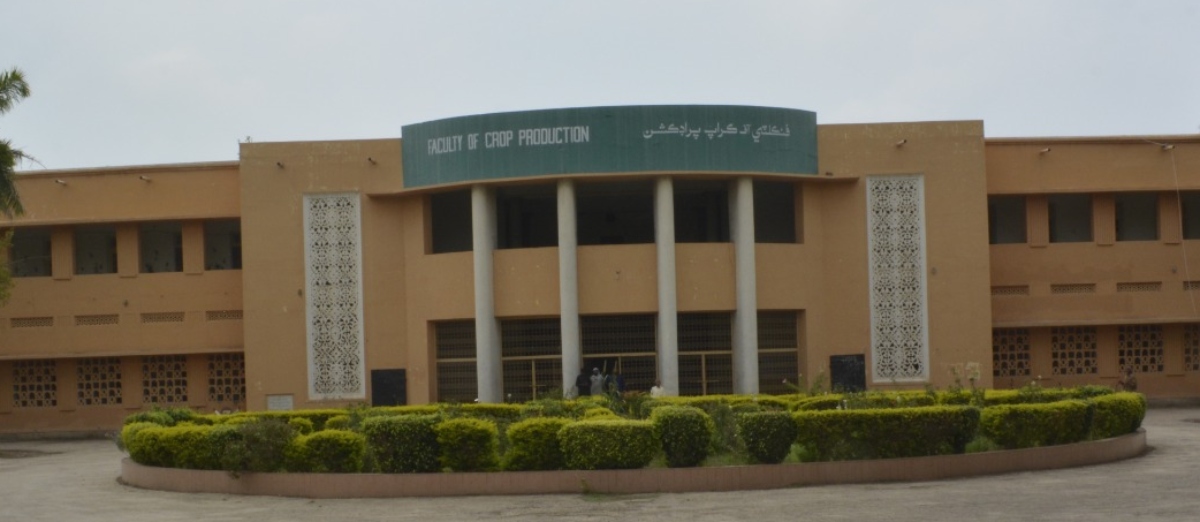

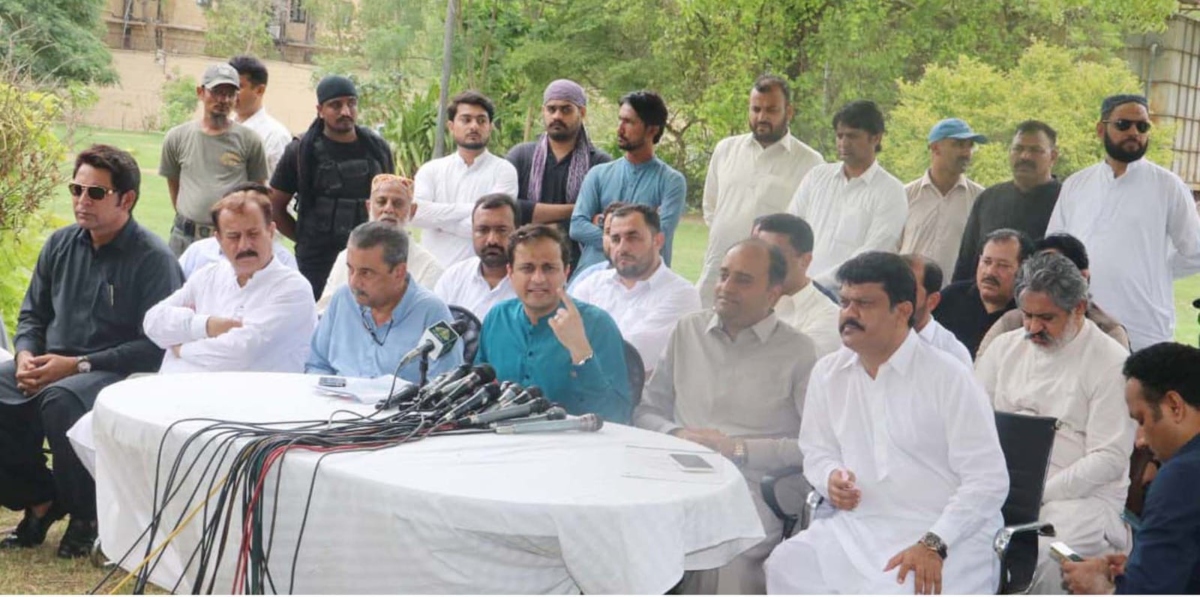



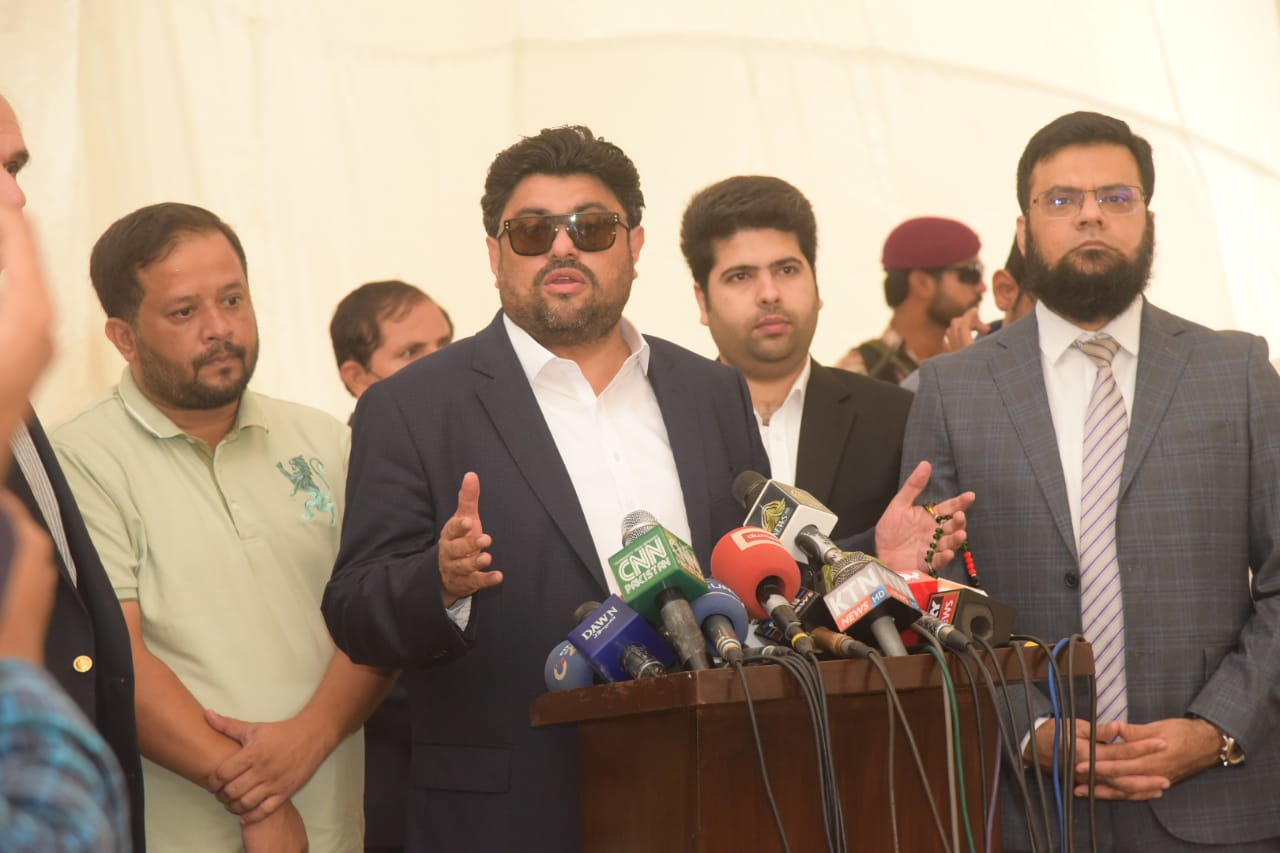
Very clear embodiment of the mainstream political parties and fragmented society!